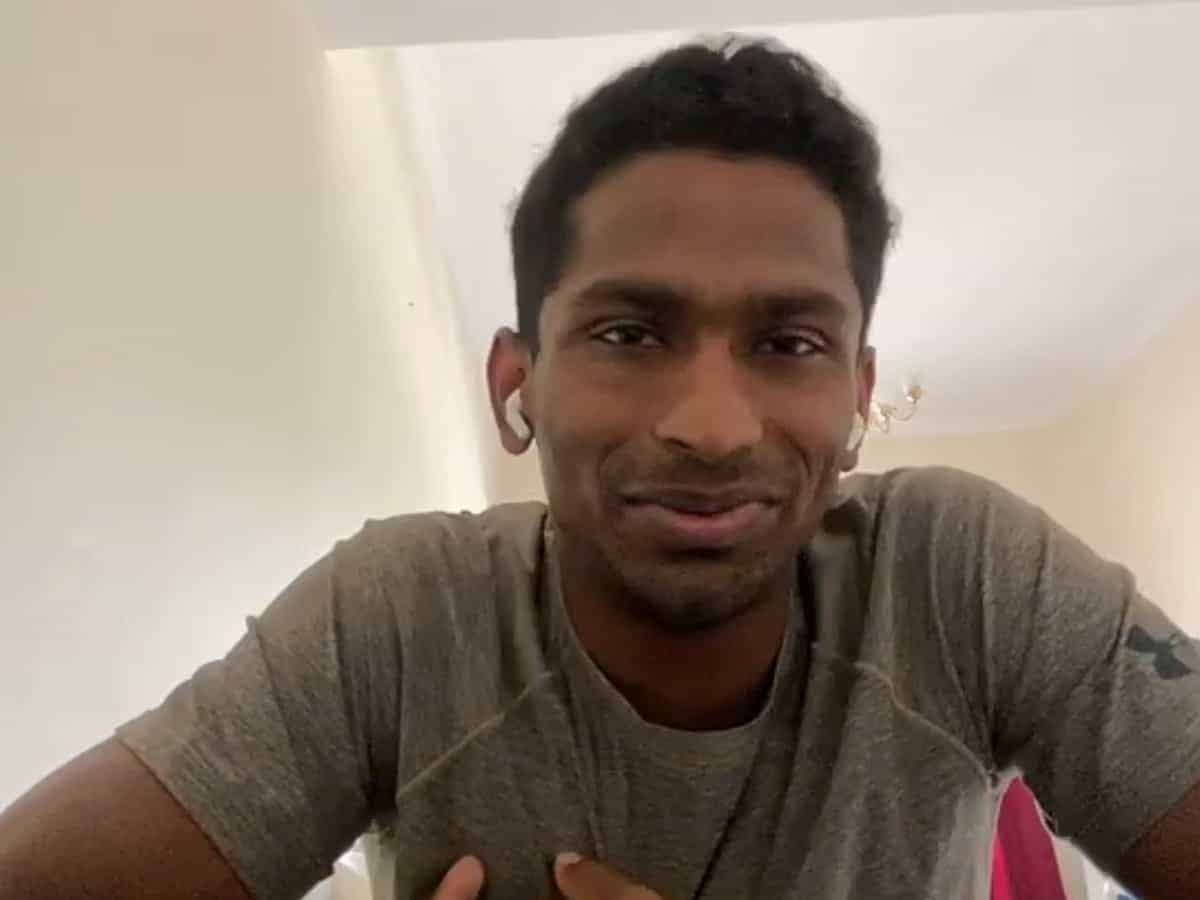Mumbai: Having sealed an automatic berth in the Tokyo Olympics with an ‘A’ qualification — the first Indian swimmer to do so — Sajan Prakash has set reaching the semifinals at the Games as his target.
To achieve that, Prakash, an inspector with Kerala Police, will have to slash 0.5 seconds from his timing of 1:56:38 in 200m butterfly that he achieved at the Sette Colli Swim Meet in Rome, Italy.
“My realistic target at the Tokyo Olympics is to cut down another 0.5 seconds from my current time,” he said at a media interaction facilitated by the Sports Authority of India. “It will surely get me into the semifinals and once I get there, I will give it my best shot to reach the final as well.”
Achieving qualification was a commendable performance for the 27-year-old Prakash, who is making a comeback after spending eight months away from the pool due to a neck injury. The pandemic had made things worse for Prakash, who had participated in Rio Olympics too.
“When I returned to the pool, I had lost 50 per cent of my belief but the other 50 per cent I knew I could do it,” he said.
“But in sport, it’s that one per cent that matters. When I got back in the pool, I was not able to swim even 200m.
“Within three months I was able to return to swimming freestyle, I was not able to swim one stroke of butterfly. My coach (Pradeep Kumar) told me that if I wanted to qualify for the Olympics, I would have to do things differently. Even if I failed I had to try,” he said. “I was barely able to move. So, I didn’t know then if an ‘A’ cut would be possible.”
But then he made it possible last week.
The postponement of the Olympics by a year came as a blessing for Prakash as he could complete his rehabilitation and training in Bangkok.
The government funded a two-month training camp in Dubai for three swimmers including Prakash between August and October.
“I had to literally start from scratch; I had to work on basics. We had to work on many things but thanks to everything coming together, today I have made it,” he said.
Asked what more needs to be done to support elite swimmers in the country, Prakash pushed for more sports science backup, especially biomechanics support.
“Swimming is a technical sport and sports science is very important. We need to have more sports science and biomechanics support, not just once in two years, or once a year. The biomechanics experts should be aware of what we are doing and help us make error corrections,” he said.
Prakash will continue to train in Dubai for the next couple of weeks and will leave for Tokyo from there.

